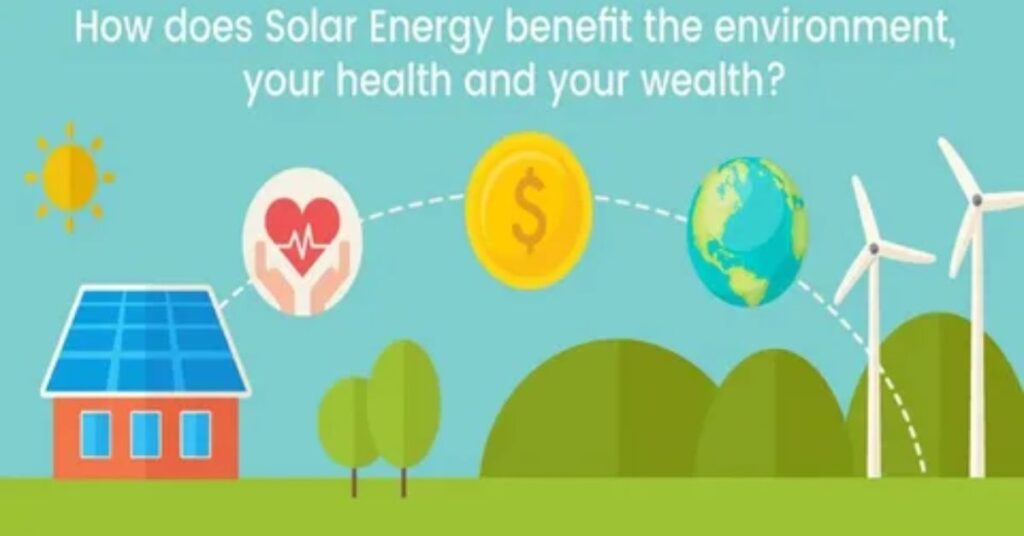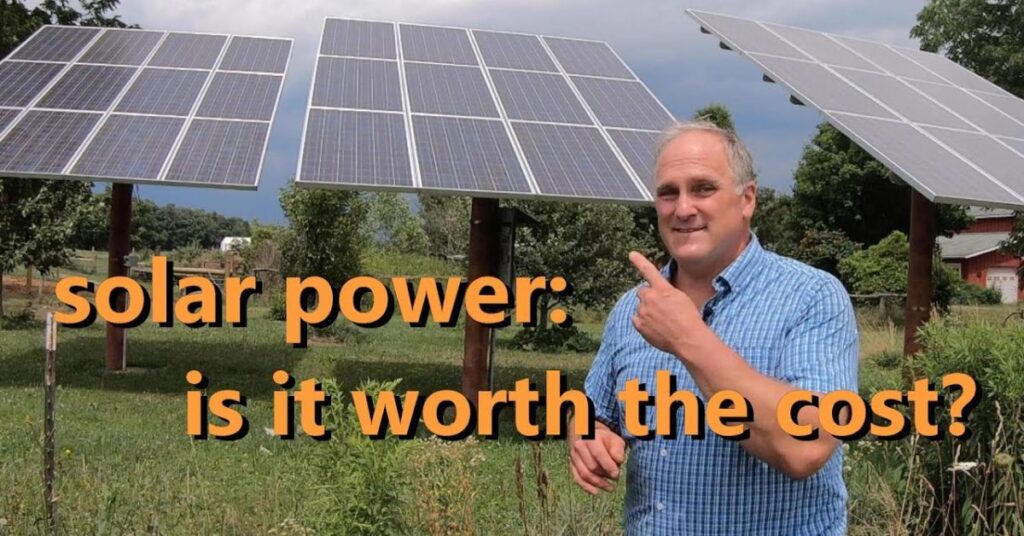Solar energy is the power we get from sunlight. It’s a clean, renewable energy source that helps create electricity or heat. By using solar panels, we can capture sunlight and turn it into energy for homes, businesses, and even cars.
Imagine powering your home with the sun and saving money on energy bills. Solar energy doesn’t just cut costs it helps protect the planet by reducing pollution. Isn’t it time to see how the sun can work for you?
Solar energy is affordable, eco-friendly, and easy to set up. It reduces your dependence on traditional electricity and lowers your carbon footprint. Plus, many governments offer incentives to make switching even more attractive.
The Top Benefits of Using Solar Energy

Solar energy offers numerous benefits, starting with its cost-saving potential. By harnessing the power of the sun, you can significantly lower your electricity bills. Additionally, it’s a renewable energy source, meaning it won’t run out like fossil fuels. Switching to solar reduces your carbon footprint, making it a sustainable and environmentally friendly choice
Solar energy systems are low-maintenance and durable, lasting 20–25 years or more with minimal upkeep. Many governments offer tax credits or incentives, making the initial investment more affordable. Plus, solar power increases property value and energy independence. Whether for homes or businesses, going solar is a smart move for your wallet
You may also read this Blog: Healthy Foods vs. Unhealthy Foods: The Ultimate Guide
How Solar Panels Transform Sunlight into Electricity
Solar panels are made up of photovoltaic (PV) cells, which are designed to absorb sunlight. When sunlight hits these cells, it excites electrons, creating an electric current. This process, called the photovoltaic effect, is the foundation of how solar panels generate electricity. The energy captured is in the form of direct current (DC) electricity.
The DC electricity generated by the solar panels is sent to an inverter, which converts it into alternating current (AC) electricity. AC is the type of electricity most homes and businesses use. From there, the electricity powers your appliances or is stored in batteries for later use, making solar energy efficient and reliable.
Is Solar Energy Worth It? Cost and Savings Explained

Solar energy is worth it for many households and businesses due to its long-term cost savings. While the initial installation cost may seem high, it pays off over time by significantly reducing monthly electricity bills. Additionally, government incentives and tax credits can help offset the upfront costs, making solar systems more affordable.
On average, solar energy users save thousands of dollars over the lifespan of their system, typically 20–25 years. The amount saved depends on your energy usage, location, and solar panel efficiency. With rising electricity rates, switching to solar locks in predictable energy costs. Solar energy isn’t just eco-friendly—it’s a financially smart choice for the future.
The Environmental Impact of Solar Energy

Solar energy is a powerful solution for reducing environmental harm. Unlike fossil fuels, solar power generates electricity without emitting greenhouse gases or air pollutants. By switching to solar, you help combat climate change and improve air quality. Additionally, solar panels have a minimal environmental footprint during operation, making them an eco-friendly alternative to traditional energy sources.
Solar energy is renewable, relying on an endless supply of sunlight rather than depleting finite resources like coal or oil. It also conserves water, as solar systems don’t require water for cooling, unlike conventional power plants. Investing in solar energy contributes to a sustainable future by protecting ecosystems and conserving natural resources.
Choosing the Right Solar Energy System for Your Home
Choosing the right solar energy system depends on factors like energy needs, roof size, and budget. First, assess how much energy your household consumes to determine the size of the system needed. Larger homes may require more solar panels, while smaller homes can often meet their needs with a smaller setup.
Consider the efficiency of the panels, their durability, and the warranty offered by the manufacturer. Also, evaluate the system’s cost and potential savings over time. Some systems offer advanced features like battery storage, which can help store energy for later use. Be sure to consult with a professional installer to find the best solar solution for your home.
FAQs
How much do solar panels cost to install?
The cost of installing solar panels depends on factors like system size, panel type, and installation complexity. On average, homeowners can expect to pay between $10,000 to $30,000, but tax incentives and rebates can help reduce the cost.
How long do solar panels last?
Solar panels typically last 20–25 years, with most systems still operating efficiently after that time. Many manufacturers offer warranties for 25 years or more.
Can solar energy work in cloudy areas?
Yes, solar panels can still generate electricity on cloudy days, though their efficiency may be reduced. They require sunlight, but not necessarily direct sunlight.
Do solar panels increase property value?
Yes, solar panels can increase the value of your home, as they lower future energy costs and offer long-term savings, making your property more attractive to buyers.
How much can I save with solar energy?
The savings vary based on your energy consumption, system size, and local electricity rates. On average, homeowners can save 20% to 70% on their energy bills.
Conclusion
Solar energy is a powerful, sustainable solution that benefits both the environment and your wallet. By harnessing the sun’s energy, you can reduce your carbon footprint, lower electricity bills, and even increase the value of your property. As technology improves, solar energy becomes more affordable and accessible, making it a smart investment for homeowners and businesses alike.
In the long run, choosing solar energy not only helps combat climate change but also offers financial savings that add up over time. With government incentives and lower installation costs, now is the perfect time to switch to solar power and enjoy its long-term benefits.







